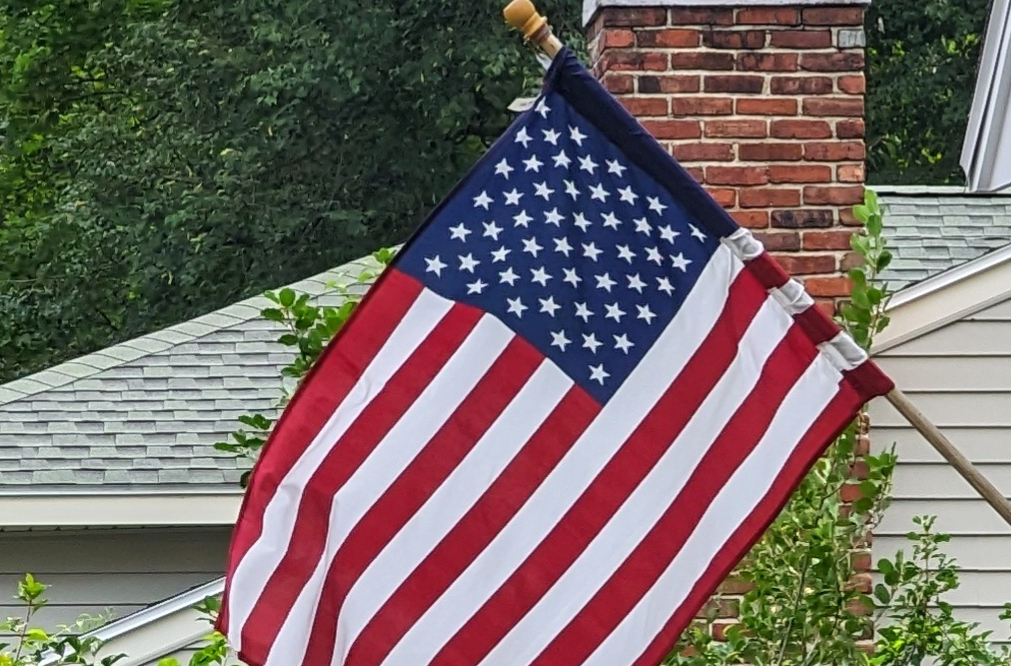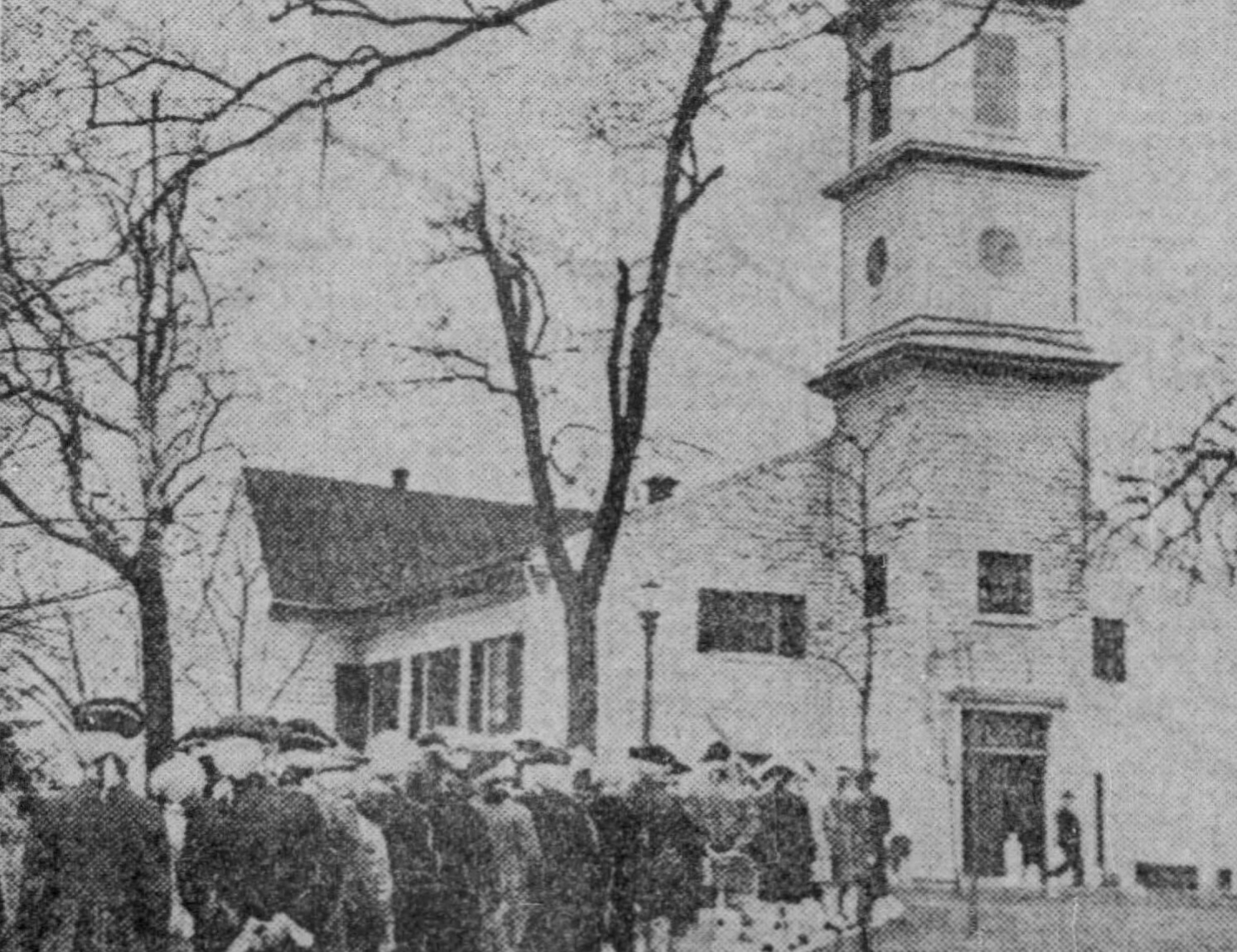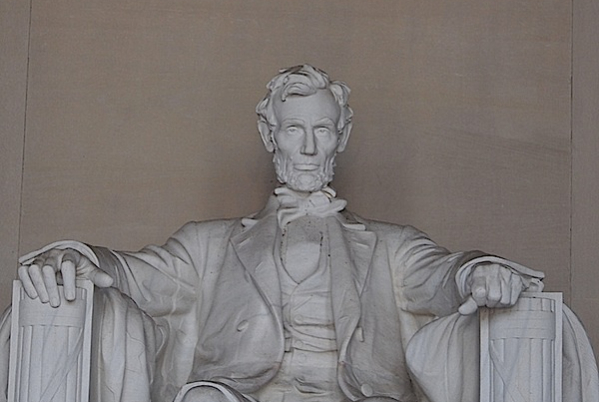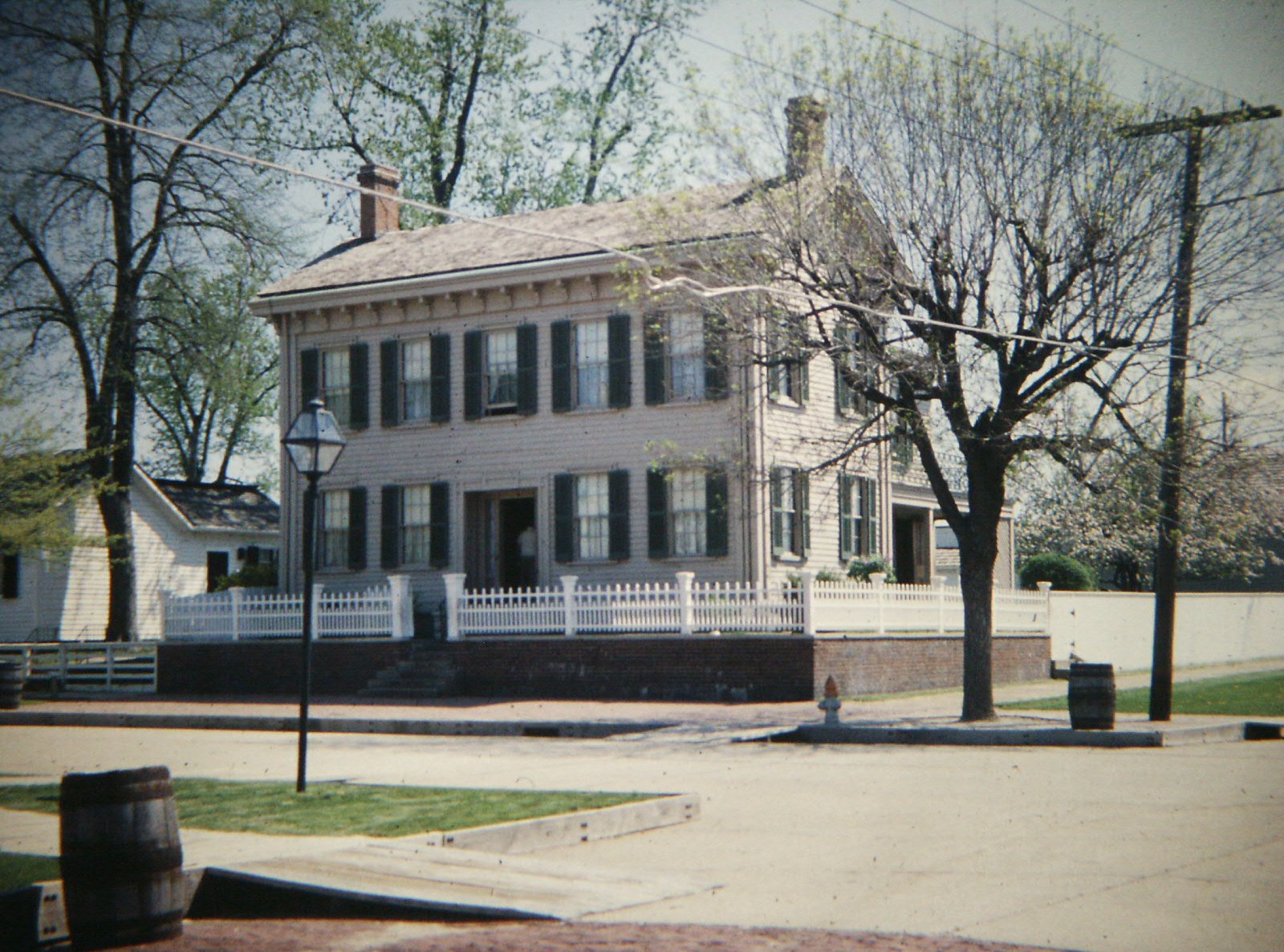By Mike Sabo
“Knowledge will forever govern ignorance; and a people who means to be their own governors must arm themselves with the power knowledge gives,” wrote James Madison. The success of the American experiment in self-government depends on an informed, united citizenry that is engaged in public life.
ContextUS is the Jack Miller Center’s newly published, free online library that provides citizens with the content to gain that necessary civic knowledge. This state-of-the-art resource gives teachers, students, and scholars access to more than 700 core texts of the American political tradition, paired with the most up-to-date technology in library science, to transmit a civic education in self-government to the next generation of Americans.
The library gives visitors unlimited access to a wide range of primary sources, which span from the books of the Old Testament to the speeches of Frederick Douglass. Visitors can also read quality translations and commentaries by which they can participate in the ongoing process of studying, learning from, and preserving our republican way of life.
The library’s treasure trove of documents is organized by subject matter, historical topic, and author. Subjects covered include citizenship, foreign policy, and elections, and the featured topics include colonial self-government, the age of Jefferson, and the antebellum period. Visitors can also see in the right-hand column daily trending topics and learn how they can support JMC’s overall civic efforts.
“ContextUS makes our founding ideas and texts easy to explore and engage with,” says JMC president Hans Zeiger. “These texts and ideas have always been in conversation with one another. Now anyone can explore those connections, see how scholars would approach it … Teachers and students have shown great enthusiasm for this tool, and we’re eager to get it into classrooms.”
As Zeiger notes, this comprehensive, living library gives teachers the ability to create and share lesson plans and use its sizable collection of resources during classroom teaching and discussion. Scholars can utilize this civic archive to build research outlines and do intensive topical research across the entire range of documents in the collection. And students can engage with the minds of the greatest statesmen and thinkers of the Western tradition as they explore primary sources.
The library’s interactive tools truly set the resource apart. Users have the ability to search keywords and concepts (with a built-in engine that learns as visitors utilize this function), compare texts, and annotate documents – all on a user-friendly platform. In order to encourage collaboration among educators, JMC pioneered the creation of a unique feature – “sheets,” which allows teachers to integrate texts, excerpts, and quotes into lesson plans, along with images, videos, and audio files. Sheets created by master teachers, well-known historians, and public scholars will be available for all to use.
Moving forward, the library will serve as the cornerstone of JMC’s teacher programs. JMC will also invite its network of 1,000 professors and teachers to use the library in the classroom and to train K-12 teachers on how to use core texts more effectively in student instruction.
In its next phase of development, the library will add 500 documents on topics including the Gilded Age, the two World Wars, the Great Depression, and the civil rights era; integrate these new works with the existing library; digitize rare texts; and forge partnerships with other civic organizations.
The end goal of the ContextUS library is to ensure that the American idea remains alive in the hearts and minds of citizens. Through its myriad resources, the library “invites new users to engage with this rich textual tradition,” Zeiger says, “and establish thousands of links between texts to tell the story of America.”
This article was originally published by RealClearEducation and made available via RealClearWire.
Share:
Related Posts

Continuing a Tradition of Civics Excellence
By Mike Sabo With new institutes emerging at colleges and universities in Florida, Ohio, Utah, Tennessee, North Carolina, Texas, and elsewhere, civics education may be

Give Me an Engaged Electorate
By John A. Ragosta On March 23rd in 1775, Patrick Henry rose at St. John’s Church in Richmond, Virginia, to urge his countrymen to arm

How Lincoln’s Assassination Changed American History
By Brian Matthew Jordan One hundred and fifty-nine years ago this Sunday, a 26-year-old white supremacist and Confederate sympathizer named John Wilkes Booth pointed a

Igniting an Appreciation for Abraham Lincoln in Children
By Jonathan W. White Historians and the general public regularly rank Abraham Lincoln as America’s greatest president. There is little doubt that he is widely



